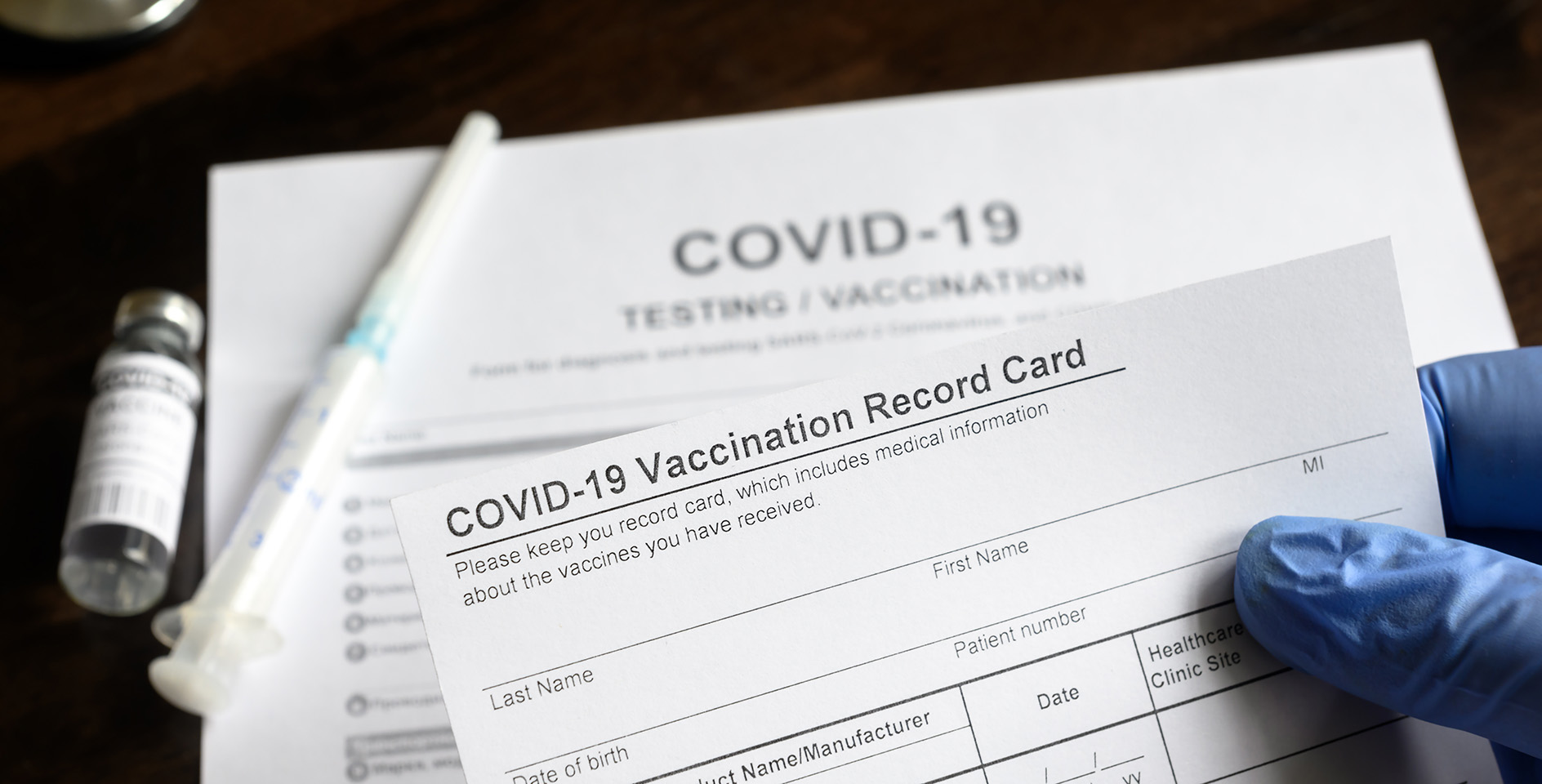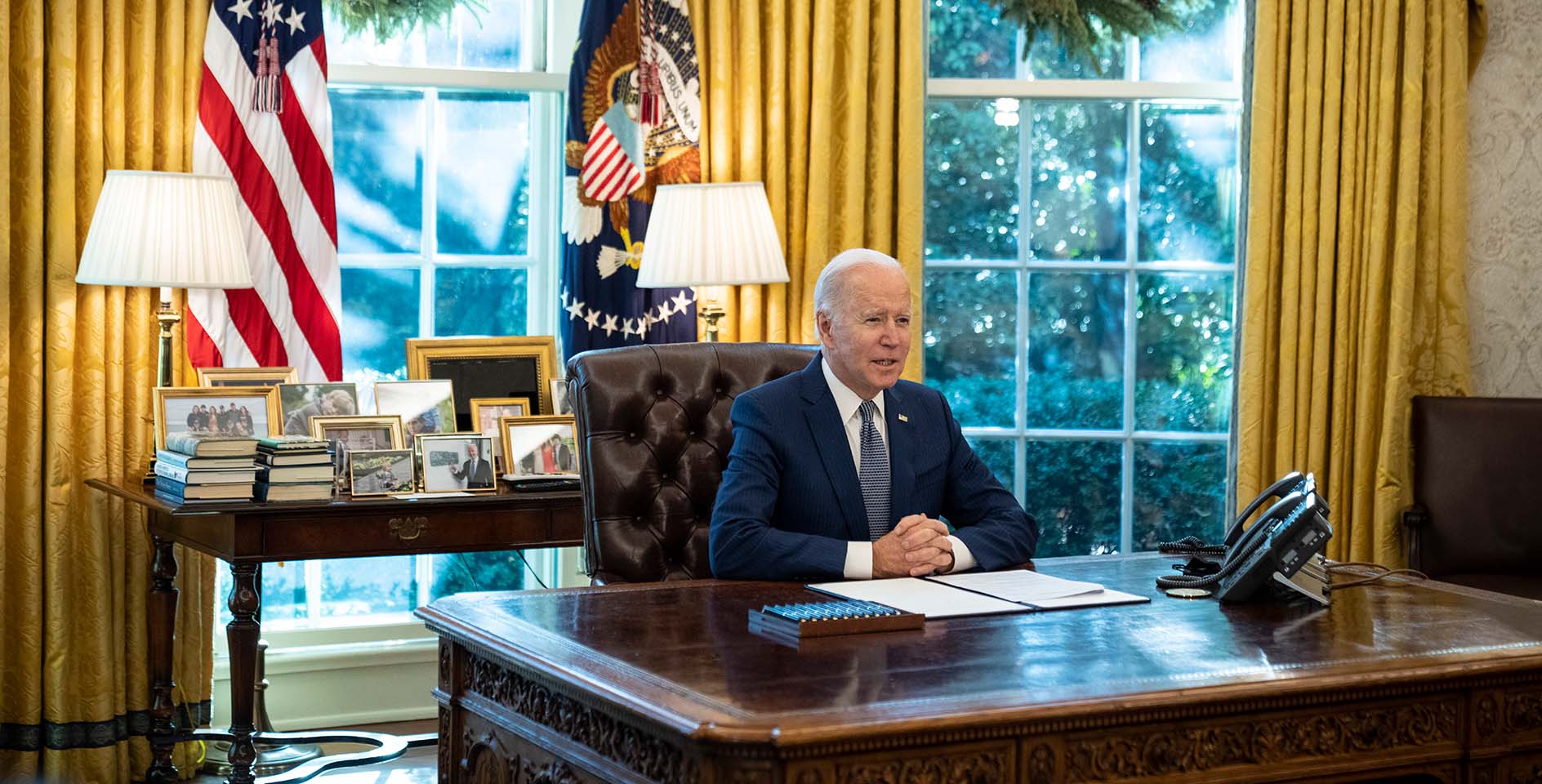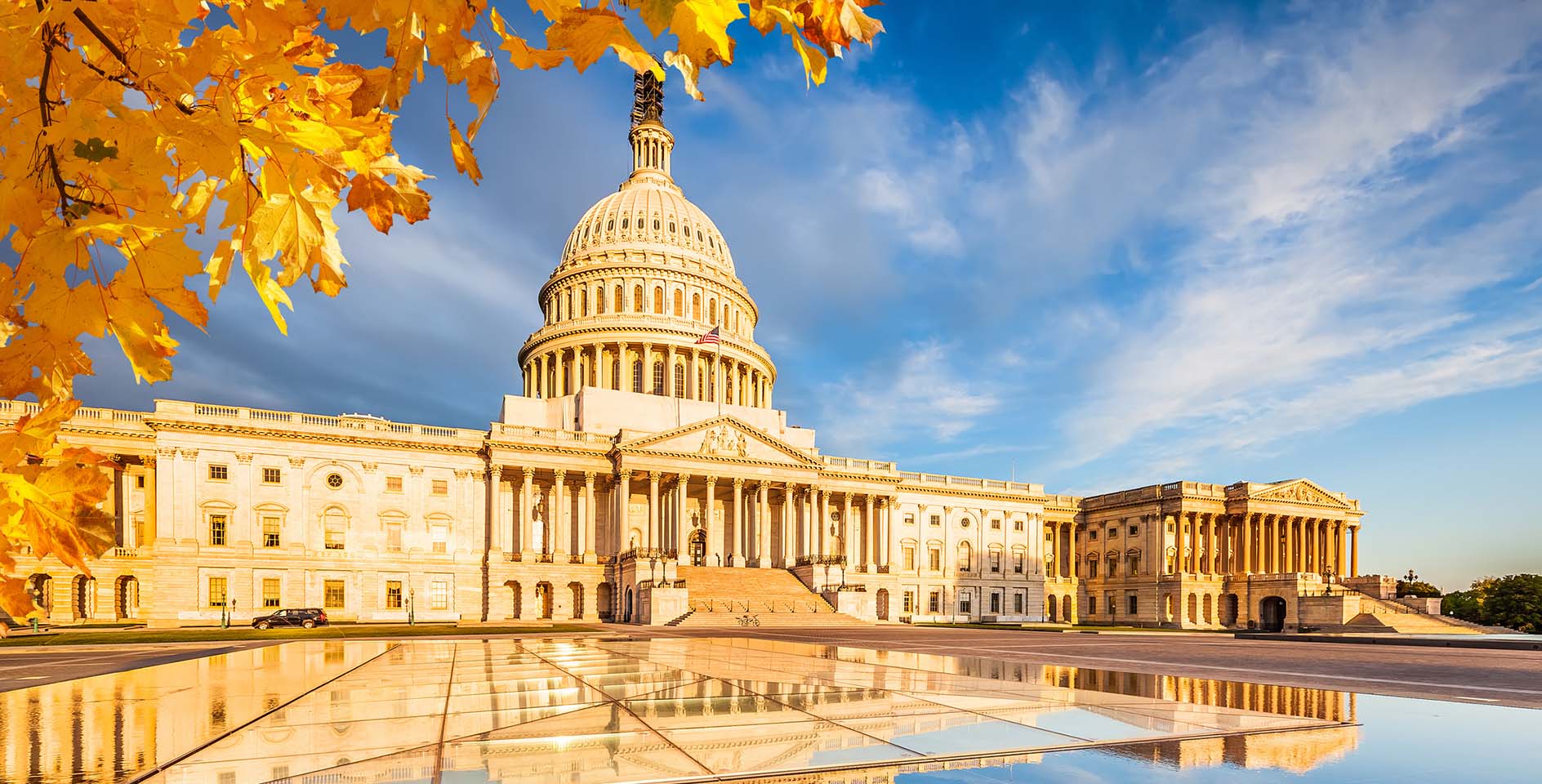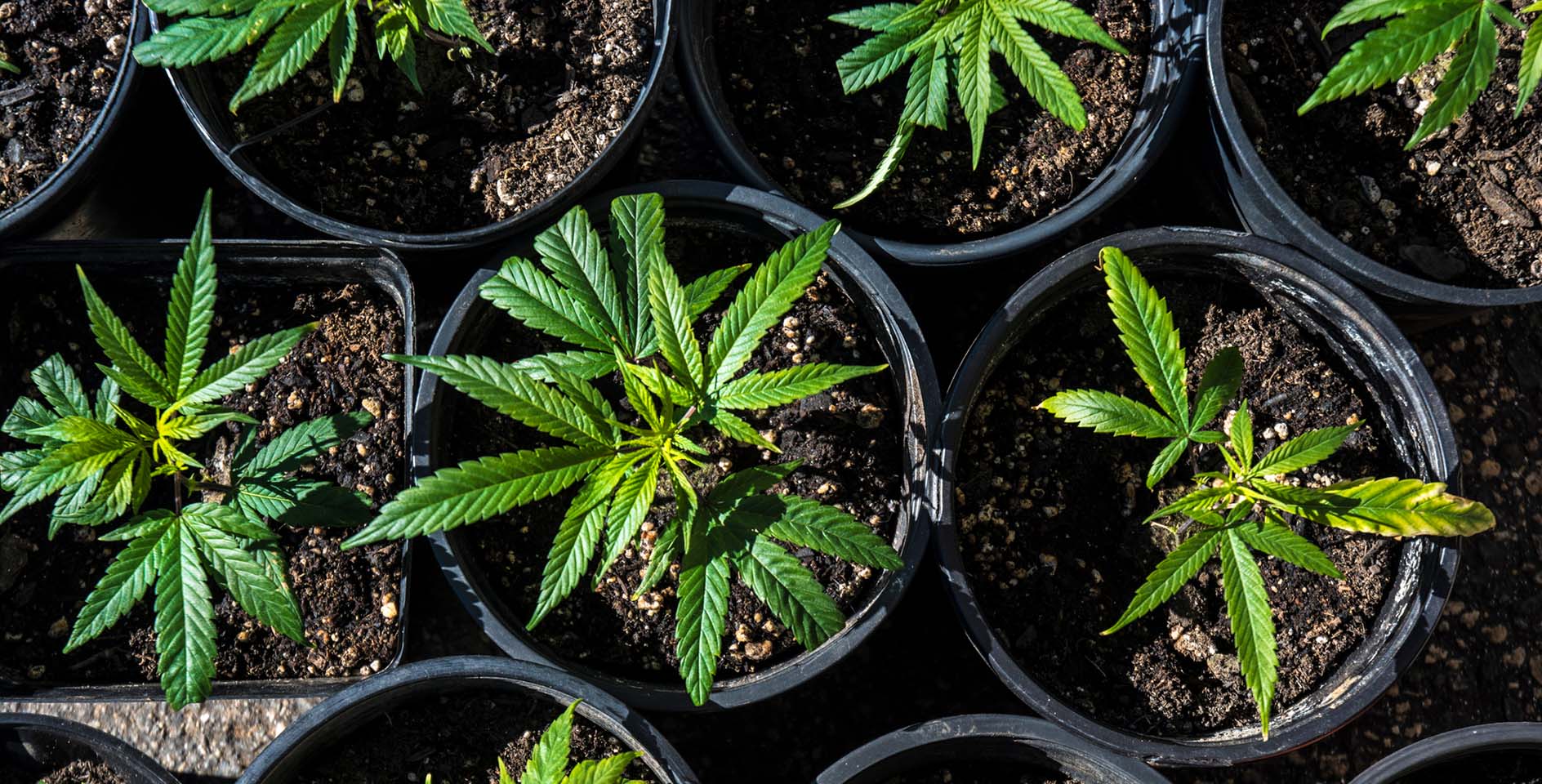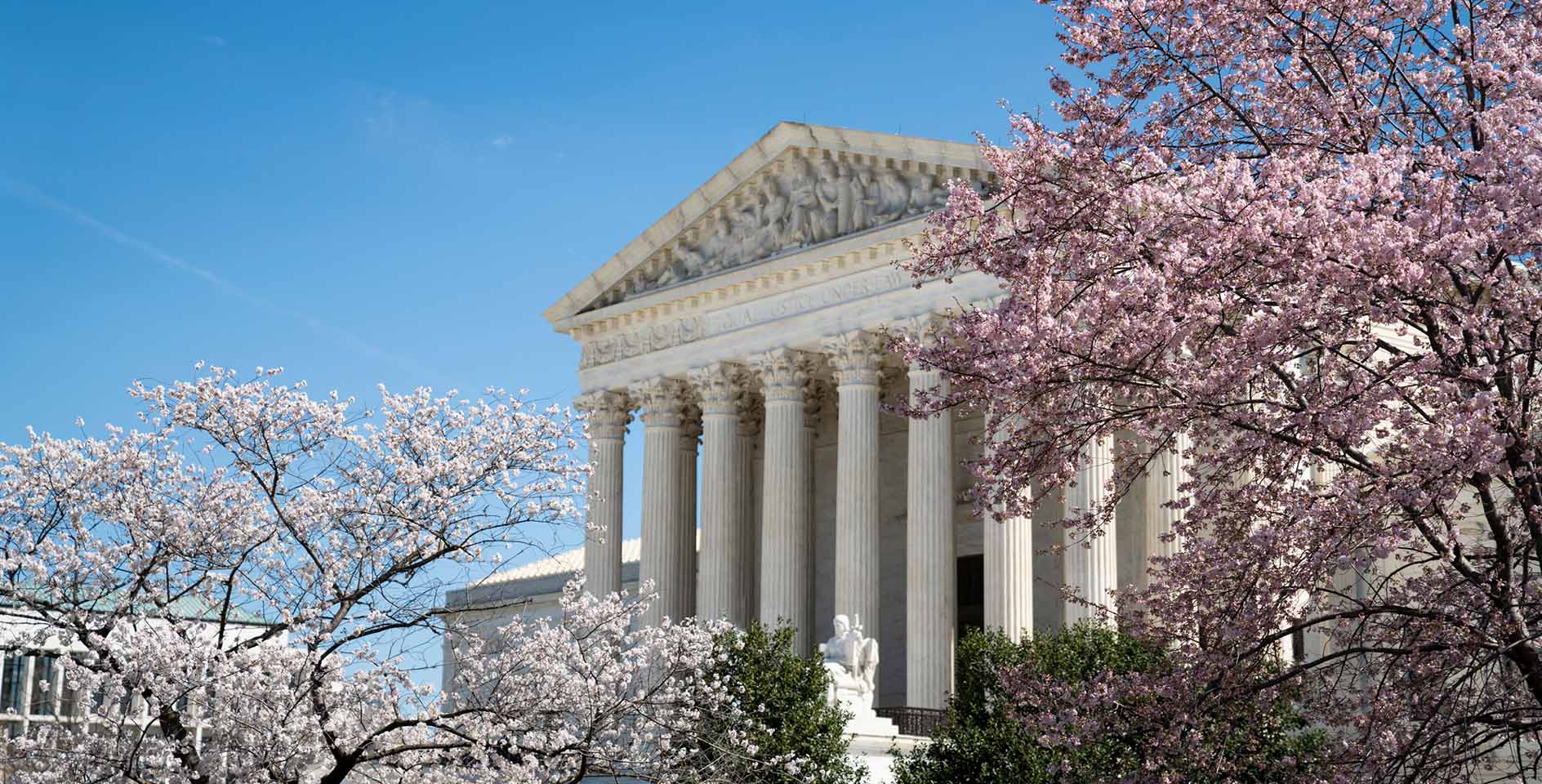On Nov. 4, the Biden administration issued a COVID-19 Vaccination and Testing Emergency Temporary Standard (ETS). The stated purpose of this rule is “to protect unvaccinated employees of large employers (100 or more employees) from the risk of contracting COVID-19 by strongly encouraging vaccination.” The intent to issue this rule was announced in September by President Biden, but the text of the rule was issued in November.
What is OSHA?
The Occupational Safety and Health Administration (OSHA) is under the Department of Labor. Established by President Richard Nixon in 1970, the agency’s mission is “to ensure safe and healthful working conditions for workers by setting and enforcing standards and by providing training, outreach, education, and assistance.” OSHA’s jurisdiction covers most private and public sector employers, making the vaccine mandate announcement one of the most wide-reaching to date.
This is not the first time that OSHA has intervened in the COVID pandemic. In June of this year, they announced a rule requiring healthcare employers to provide protective equipment such as masks and gloves, ensure proper ventilation, and screen patients at risk for COVID. This emergency standard was limited to healthcare employers (because of the group’s high-risk factors), though additional optional measures were disseminated for other industries such as manufacturing, retail, and food supply chains.
What is the proposed rule?
The rule states that “covered employers must develop, implement, and enforce a mandatory COVID-19 vaccination policy, with an exception for employers that instead adopt a policy requiring employees to either get vaccinated or elect to undergo regular COVID-19 testing and wear a face covering at work in lieu of vaccination.”
In short, the rule requires employers with 100 or more employees to submit their employees to weekly COVID-19 testing and masking requirements, or the employees can opt to receive one of the three vaccines that are approved or authorized for the prevention of COVID-19 in the U.S.: Pfizer, Moderna, or Johnson & Johnson.
The OSHA rule will affect approximately 84 million private-sector workers across the country, including some 31 million who are believed to be unvaccinated.
It’s important to note that this rule doesn’t require an employee to receive the vaccine, but if they choose not to be vaccinated, they must undergo testing every week.
What is the timeframe?
By Jan. 4, 2022 employees who work for employers with 100 or more people must be vaccinated or submit to weekly testing and masking requirements. The rule was published in the federal register on Nov. 5, and it is open for public comments for 30 days. The ERLC will be submitting public comments to OSHA about this issue.
Are there religious exemptions?
There are three exemptions listed in the rule rule:
- For whom a vaccine is medically contraindicated;
- For whom medical necessity requires a delay in vaccination; or
- Who are legally entitled to a reasonable accommodation under federal civil rights laws because they have a disability or sincerely held religious beliefs, practices, or observances that conflict with the vaccination requirement.
While there are stated religious liberty exemptions, it is concerning that the ETS requires each covered employer to establish and implement their own written policy regarding religious exemptions. With this rule, each employer is effectively tasked with creating their own policies, and there will be thousands of different policies throughout the country, leading to inconsistent application and confusion. The proposed rule doesn’t offer any guidance for how to structure exemptions for objectors who have sincerely held religious beliefs.
How does this affect SBC entities?
On Nov. 5, the Southern Baptist Theological Seminary (SBTS) and Asbury Theological Seminary, filed a petition with the U.S. Court of Appeals for the 6th Circuit to challenge the OSHA rule. Dr. Albert Mohler, president of SBTS, stated that “it is unacceptable for the government to force religious institutions to become coercive extensions of state power. We have no choice but to push back against this intrusion of the government into matters of conscience and religious conviction.”
According to the Alliance Defending Freedom,
“the lawsuit The Southern Baptist Theological Seminary v. Occupational Safety and Health Administration, alleges that the Biden administration lacks jurisdiction to dictate employment practices to religious institutions, lacks constitutional and statutory authority to issue the employer mandate, and that the mandate failed to meet the required procedural hurdles. In short, the federal government cannot coerce individuals nationwide to undergo medical treatment, and it lacks authority to conscript employers to compel that result.”
Is this the proper role of the government?
This rule raises questions and concerns about limits of government regulation both in terms of public health and safety measures. While governments do have heightened responsibilities during a public health crisis, the state must not use public health emergencies to overstep and exert authority that the Constitution has not entrusted it with.
ERLC’s Acting President, Brent Leatherwood stated:
From the outset of the challenges presented by COVID-19, we have consistently argued that guidance from elected officials and public health experts is the path to take in lieu of mandates –– particularly as it relates to religious entities. This proposed rule is not that. Some private institutions will raise serious objections to government overreach. The better route for the state to take is providing clear, consistent, and coherent counsel that our fight is against a deadly disease, not one another.
How will the ERLC engage?
The OSHA interim final rule is open for public comments through Dec. 6. As we have done on previous occasions with proposed rules affecting churches and religious organizations, the ERLC will submit public comments expressing concerns with the scope of the regulation on behalf of our convention of churches.
How should Christians think about this?
The ERLC has emphatically stated since the beginning of this public health challenge that government officials should opt for providing guidance over mandates, while at the same time seeking to uphold the free exercise of religion. Elected officials and local health experts should be actively partnering with pastors and churches to serve local communities as this pandemic rages on.



